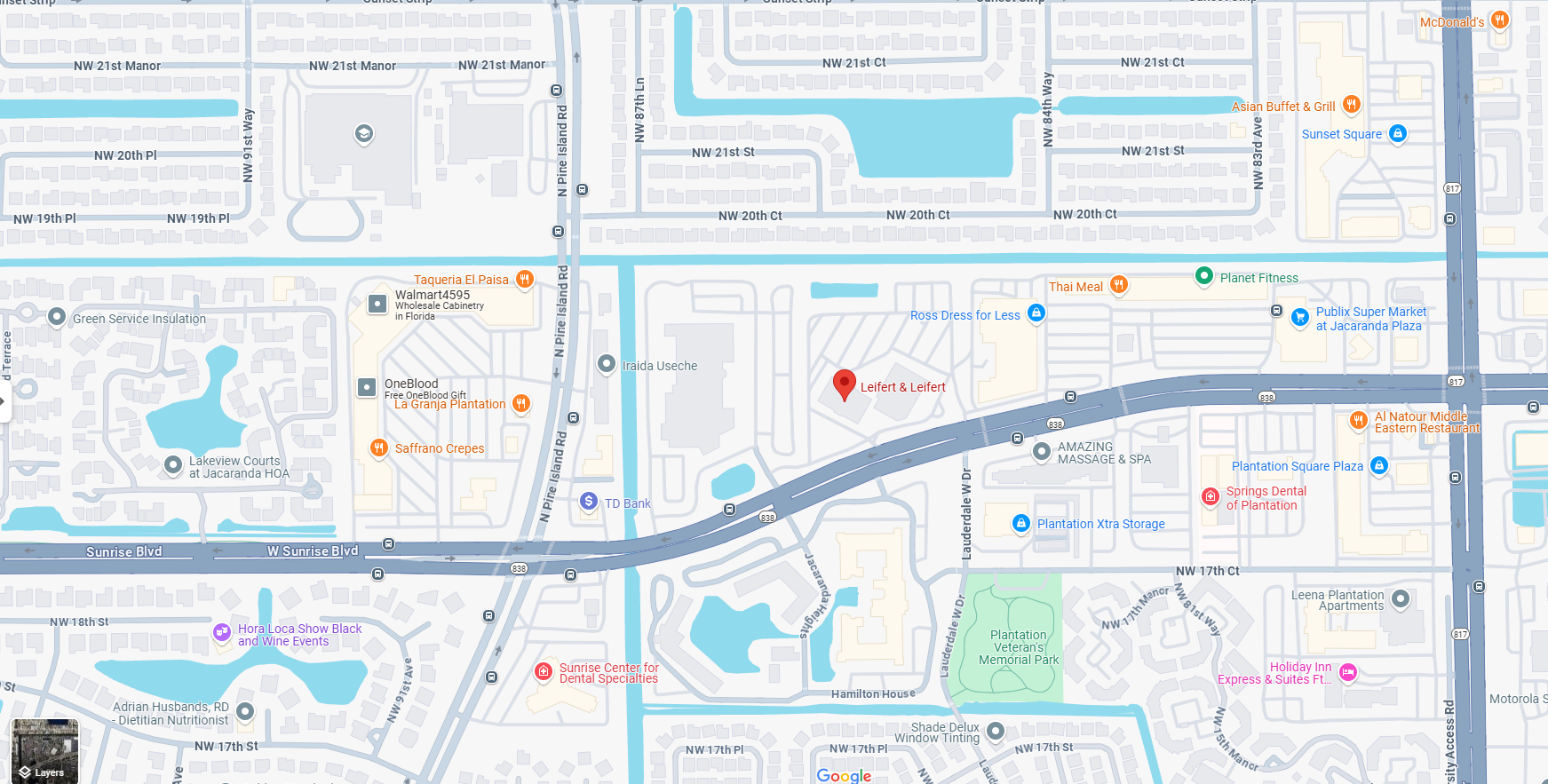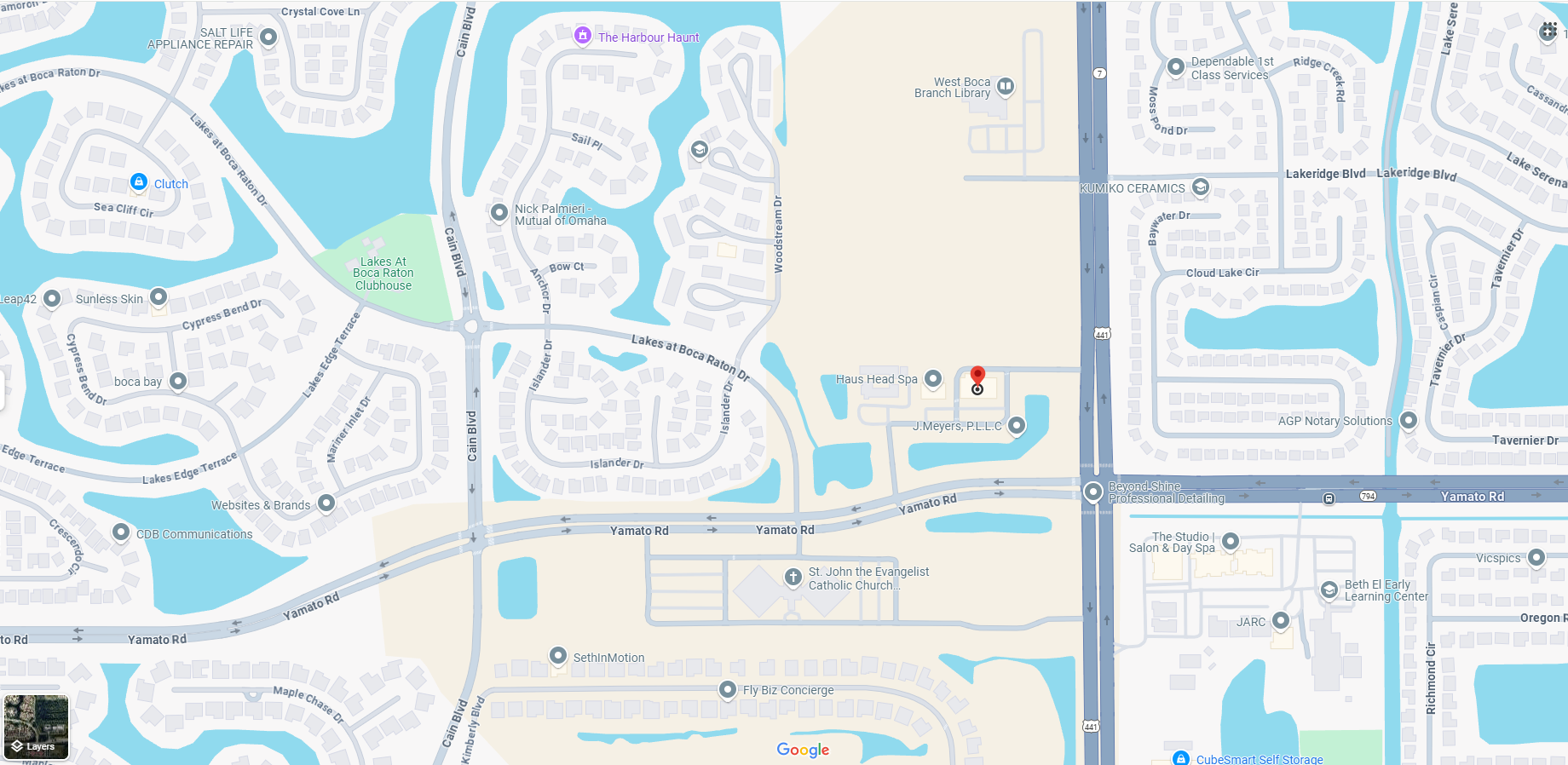An individual who is convicted of a fraud offense in Florida can be subject to both criminal and civil penalties. Because fraud is considered a crime of dishonesty, a conviction can also result in a number of collateral consequences on a person’s career, professional license, and reputation.
An experienced defense attorney can build a personalized defense strategy based on the unique facts of your case and aggressively fight for the most favorable outcome possible. If you have been charged with fraud, get in touch with a Broward County fraud lawyer.
Fraud Crimes in Broward County
Fraud is a type of white-collar crime involving deliberate acts of deception or false pretenses to obtain money, property, or services from a person or entity. Under Florida law, fraud is a term that refers to a variety of offenses rather than one particular crime. Some examples of fraud crimes in Florida include, but are not limited to:
- Organized fraud
- Communications fraud
- Making false statements to obtain property or credit
- Obtaining property by false personation
- Securities fraud
- Wire fraud
- Healthcare fraud
- Insurance fraud
- Fraudulent refunds
- Identity theft
- Welfare fraud
- Mail fraud
- Mortgage fraud
- Forgery
- Uttering forged instruments
- Fraudulent use of credit cards
- Check fraud
Each of these and other offenses has their own distinct elements. It is also possible for a fraudulent act to violate federal and Florida law, depending on the specific facts of the case. Fraud offenses can range in severity from a misdemeanor to a first-degree felony.
Scheme to Defraud
The Legislature passed the Florida Communications Fraud Act to help prevent the use of communications technology in the commission of schemes to defraud. Under the law, a scheme to defraud is defined as:
- A systematic, ongoing course of conduct
- With intent to defraud or obtain property from one or more individuals
- By false or fraudulent pretenses, representations, promises or willful misrepresentations of a future act
A scheme to defraud is classified into two offenses–organized fraud and communications fraud. A person commits organized fraud when he or she engages in a scheme to defraud and thereby obtains property. Communications fraud is committed when a person engages in a scheme to defraud and, in furtherance of that scheme, communicates with another person with intent to obtain property from that person.
Organized fraud is a felony of varying degrees depending on the aggregate value of the property obtained.
- It is a third-degree felony if property obtained has an aggregate value of less than $20,000
- It is a second-degree felony if the property obtained has an aggregate value of $20,000 or more, but less than $50,000
- It is a first-degree felony if the property obtained has an aggregate value of $50,000 or more
Communications fraud can be a first-degree misdemeanor or third-degree felony depending on whether the property obtained or attempted to be obtained has an aggregate value of more or less than $300. A qualified Broward County fraud lawyer can attempt to mitigate potential penalties that their client faces.
Work with a Broward County Fraud Defense Attorney
Fraud is a felony offense which means that if convicted, your civil liberties are at stake. People convicted of felonies lose the right to vote, the right to bear arms, and can also lose housing and employment opportunities. However, you still have options.
If you have been arrested or charged with any kind of fraud offense, you can reach out to an attorney and they can examine the facts of your case and use that knowledge to explore which defense strategies will work best for you. Call a Broward County fraud lawyer who can build your case.







